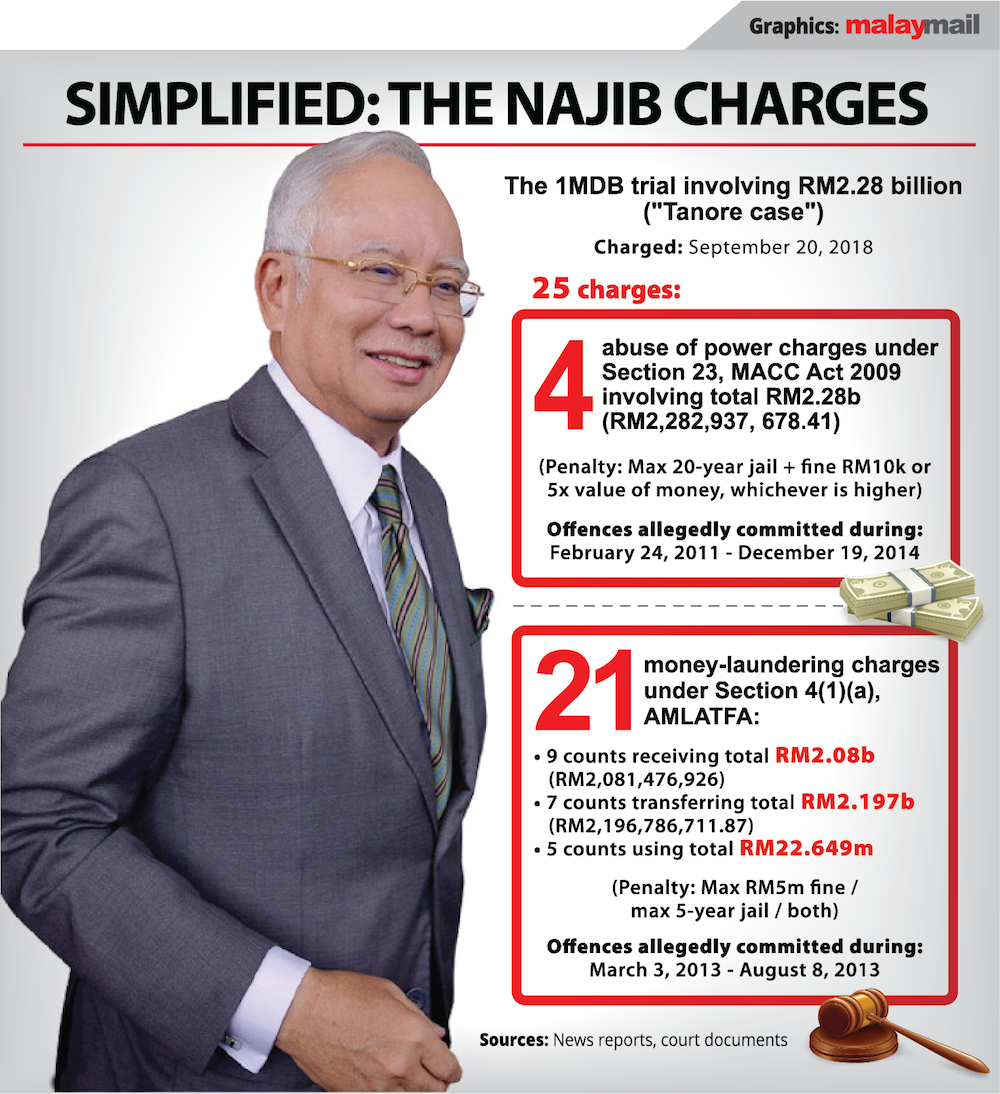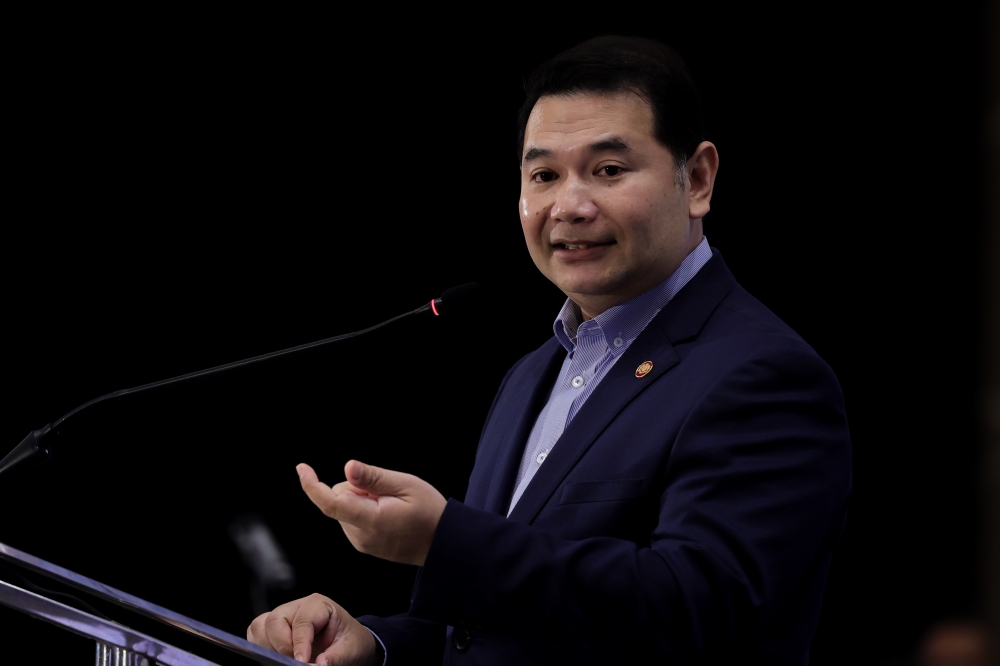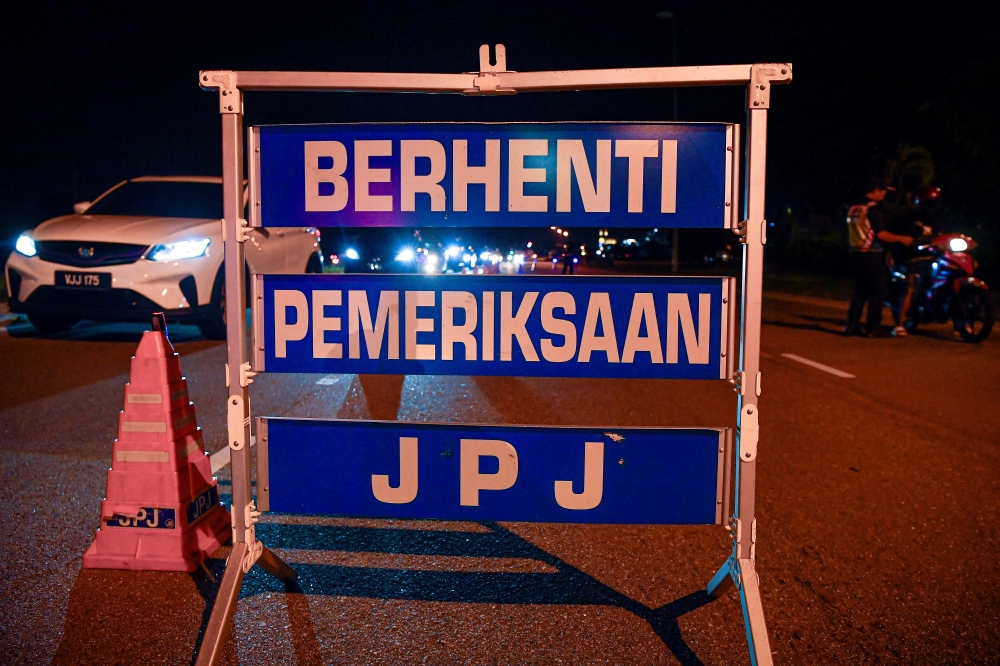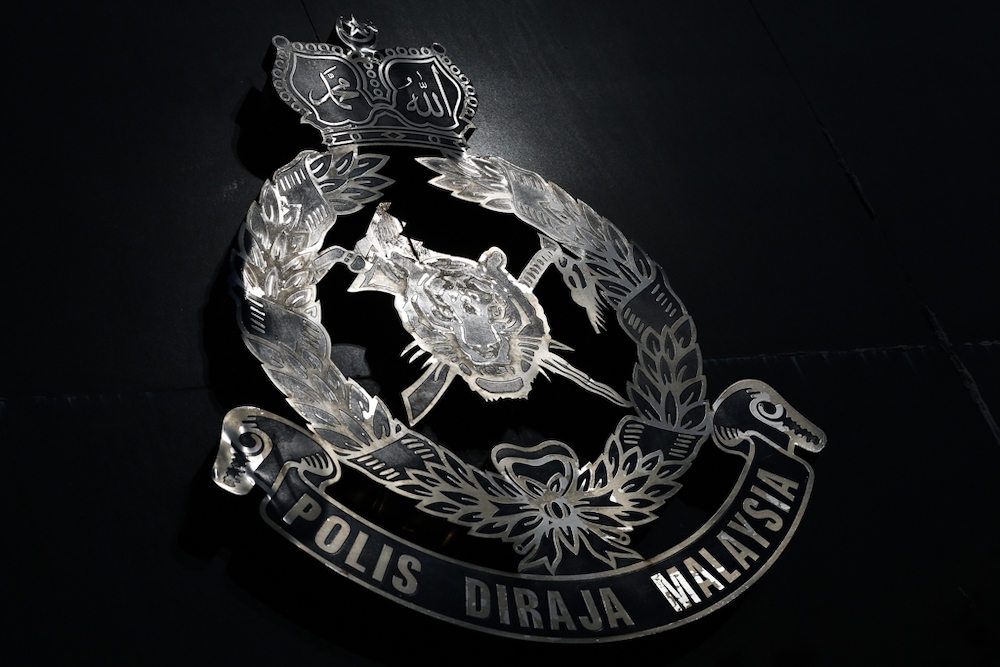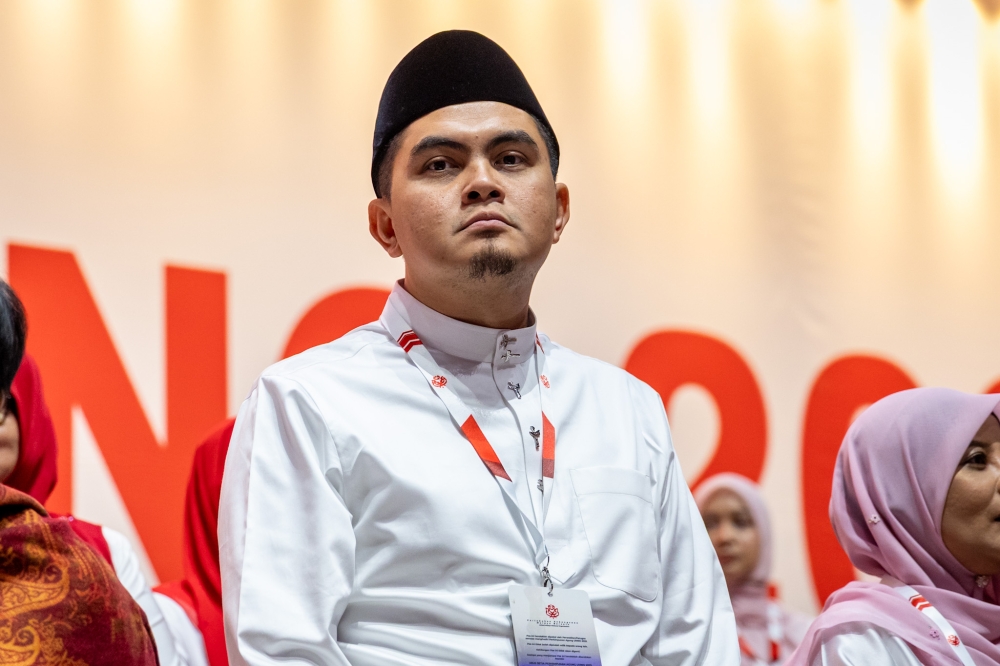KUALA LUMPUR, June 15 — The Malaysian government is liable for US$3 billion in debt taken on by a 1Malaysia Development Berhad (1MDB) subsidiary in 2013 as then-finance minister Datuk Seri Najib Razak signed a letter of support for its fundraising, the High Court heard today.
Such letters of support were de facto government guarantees.
Datuk Siti Zauyah Mohd Desa, a former Finance Ministry deputy secretary-general (policy), said it was unclear how the 1MDB subsidiary had spent the US$3 billion, as the state investment firm had failed to provide any updates to her division in the Finance Ministry.
Siti Zauyah said this while testifying as the 26th prosecution witness in Najib’s trial over the misappropriation of more than RM2 billion of 1MDB funds.
SIti Zauyah confirmed that 1MDB — which had taken on the US$3 billion debt in 2013 through a bond issued by its subsidiary — had failed to make repayments according to the terms of the debt.
“This caused the government at this time to be forced to bear the repayment of this debt of 1MDB, based on the letter of support that had been issued by the government which was signed by YAB finance minister, namely Datuk Seri Mohd Najib Abdul Razak in 2013,” she said.
She was referring to a March 14, 2013 letter of support signed by Najib and given to the subsidiary company 1MDB Global Investment Limited (1MDB GIL) which would be issuing the US$3 billion bond.
This letter of support was crucial for the 1MDB subsidiary to be able to issue the US$3 billion bond.
The US$3 billion fundraising was purportedly for investments via a planned joint venture between 1MDB and Abu Dhabi firm Aabar Investments PJS, but it is now known that 1MDB had instead dealt with a fake company that had similar names to Aabar.
Siti Zauyah said 1MDB had failed to provide any of the documents requested by the Finance Ministry.
She said 1MDB was required to present its investment report to the Finance Ministry after the letter of support was issued, but said the company had not done so.
“My division at that time was responsible to get the report from 1MDB, but I confirm, throughout my duty in the BPKA division, I did not receive any feedback from the 1MDB management about the use of the US$3 billion funds which they obtained through the letter of support from the government,” she said, referring to the loan management, financial markets and actuarial division she was working at in the Finance Ministry then.
She said her division had asked 1MDB’s representative then Zahid Taib to provide feedback and documents or reports to the ministry, but stressed that no such reports were given to her division.
“Among documents which my division consistently asked for is the 1MDB audited financial reports that they have to provide a copy to the Finance Ministry, but 1MDB failed to produce that document to my division,” she said.
“About the issuance of this US$3 billion bond, I confirm that BPKA does not know and was not given a report by 1MDB about where the money was spent on and used, whether it was used for the original purpose according to their application or not used for that purpose” she said.
The 10-year US$3 billion bond was issued by 1MDB GIL on March 19, 2013, with a 4.4 per cent interest on the US$3 billion sum to be paid until 2023.
The prosecution had on the first day of Najib’s trial said it would show that 1MDB GIL had on March 19, 2013 only received US$2.721 billion of the US$3 billion funds it raised with the balance paid to arranger Goldman Sachs as fees, and that over US$1 billion of the US$2.721 billion was paid to the two funds Devonshire Funds Limited and Enterprise Emerging Markets Fund (EEMF) — now known to be linked to Low Taek Jho — on March 20 and March 21, 2013.
The prosecution had also said it would show that a total of US$890 million — including a US$430 million sum passing through Granton Property Holding — made its way within days from Devonshire and EEMF to Tanore Finance Corporation, and that it would also showed that Tanore had by early April 2013 transferred US$681 or over RM2 billion to Najib’s account.
Granton and Tanore are now known to be under Low’s associate Eric Tan’s control.
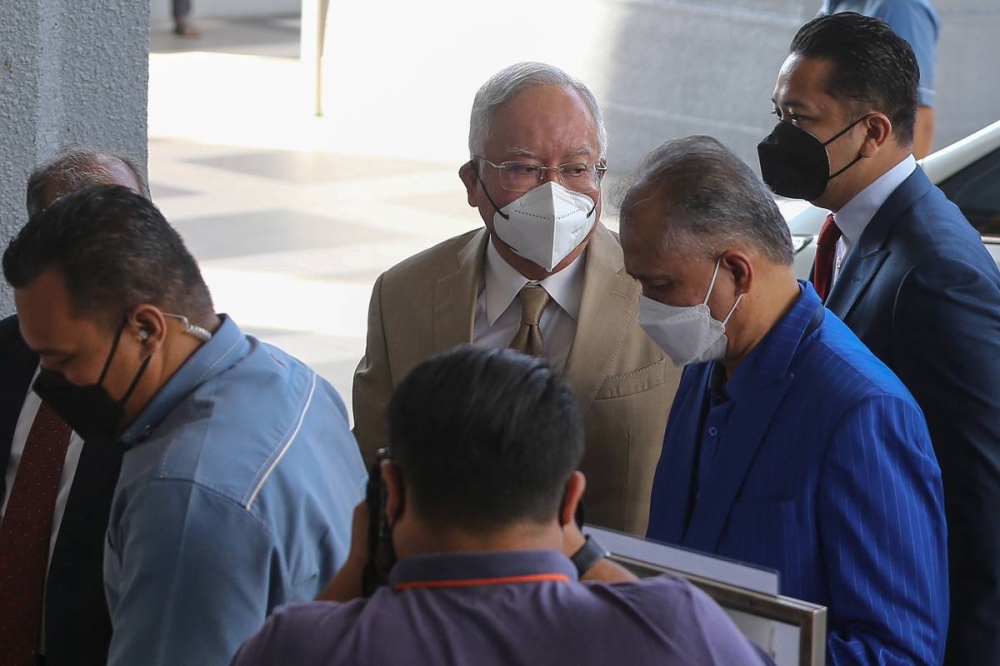
Why the letter of support was issued and its consequences
Siti Zauyah explained that the Finance Ministry would normally carry out due diligence on an MoF Inc-owned company to determine whether a letter of support would be required, and that letters of support would typically not be issued if the MOF-owned firm is not generating any income.
But for 1MDB GIL, Siti Zauyah said MoF Inc did not have any information that it could use to conduct due diligence on the company, adding that the letter of support was processed in 2013 based only on the “orders” of then prime minister and then finance minister Najib in a January 15, 2013 letter.
She said her BPKA division had tried to carry out an internet search but found no information on 1MDB GIL, noting: “My division also requested information from the company and the Prime Minister’s Office but did not receive any response.”
She said she informed this to the then finance minister II Datuk Seri Ahmad Husni Hanadzlah for his information, but said the ministry was unable to do anything as they did not have any more avenues to get the information.
On the January 15, 2013 letter from 1MDB to Najib regarding the purported joint venture with Aabar, Najib had penned a handwritten note instructing then Treasury secretary-general Tan Sri Mohd Irwan Serigar Abdullah to handle the matter immediately.
She said Irwan had at that time agreed to preparations for a letter of comfort by the government to 1MDB as it was a request by 1MDB’s representative Goldman Sachs, but the Treasury had in January 2013 commented that the letter of comfort draft by 1MDB was akin to a direct guarantee and had expressed its views that the letter of comfort should only provide moral support without financial implications to the government.
She said Goldman Sachs had later requested for the proposed letter of comfort to be converted to be a letter of support and had through 1MDB provided a draft letter of support that was actually similar to a government guarantee.
Letters of comfort and letters of support are indirect government guarantees where the government is only responsible for debts if the parent company fails to repay its subsidiaries’ debts, while a government guarantee would be a direct guarantee where the government will have to bear all costs for a debt if a company fails to make repayments.
In a January 30, 2013, the Finance Ministry in a meeting with 1MDB and Goldman Sachs proposed the letter of support to not have any binding clause, but Goldman Sachs insisted that the bond issuance could not be realised without a government undertaking as it would be unbankable.
Siti Zauyah was then ordered by Irwan where the ministry had to fulfill Goldman Sachs’ request in order to realise the 1MDB-Aabar joint venture, noting that Goldman Sachs had then provided a draft letter of support with a legally binding clause.
Following other processes including a Cabinet meeting in February 2013 agreeing for a letter of support to be issued and authorising the finance minister to sign it, Siti Zauyah said then finance minister Najib had in a March 11, 2013 document signed his approval of the option to accept all proposed terms and conditions by Goldman Sachs for the letter of support.
She said she and her team had not recommended any of the options to be taken up due to worries of the financial implications on Malaysia and to take care of Malaysia’s interest, but said two of the options — including the option approved by Najib — had been included in the document as it was according to the prime minister’s wishes as told by Irwan and in reference to Goldman Sachs’ proposed terms and conditions.
Najib’s lawyer Wan Aizuddin Wan Mohammed later objected to the part where Siti Zauyah said it was according to the prime minister’s wishes as told by Irwan, claiming this is hearsay.
Siti Zauyah also explained that the Malaysian government had never failed or defaulted in making repayments, adding that “indirectly it also showed that if there are any defaults within the range of US$50 million, a very low threshold, it will show as if Malaysia is in financial difficulties and already considered bankrupt.”
Najib’s 1MDB trial before High Court judge Datuk Collin Lawrence Sequerah resumes tomorrow.
